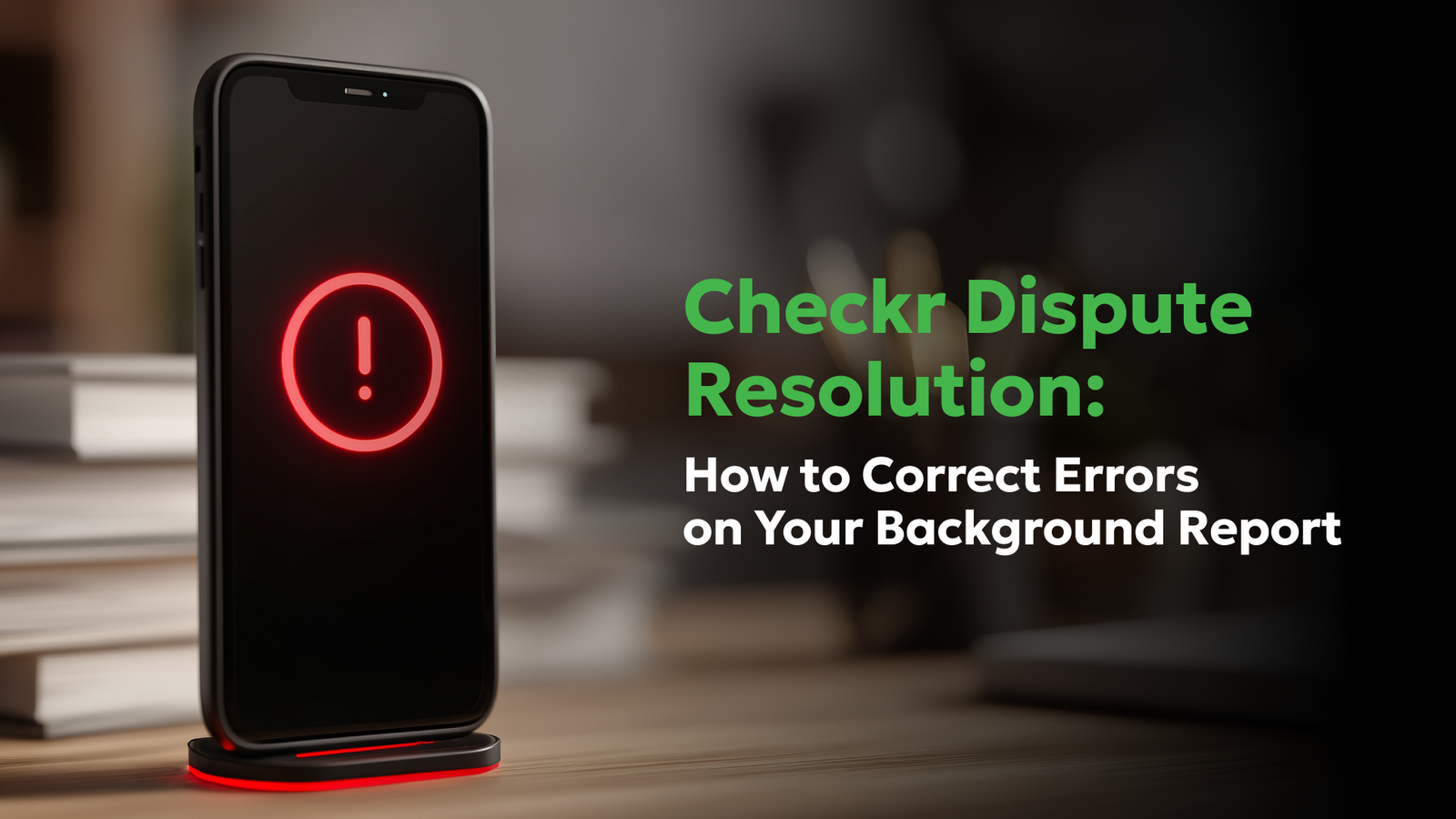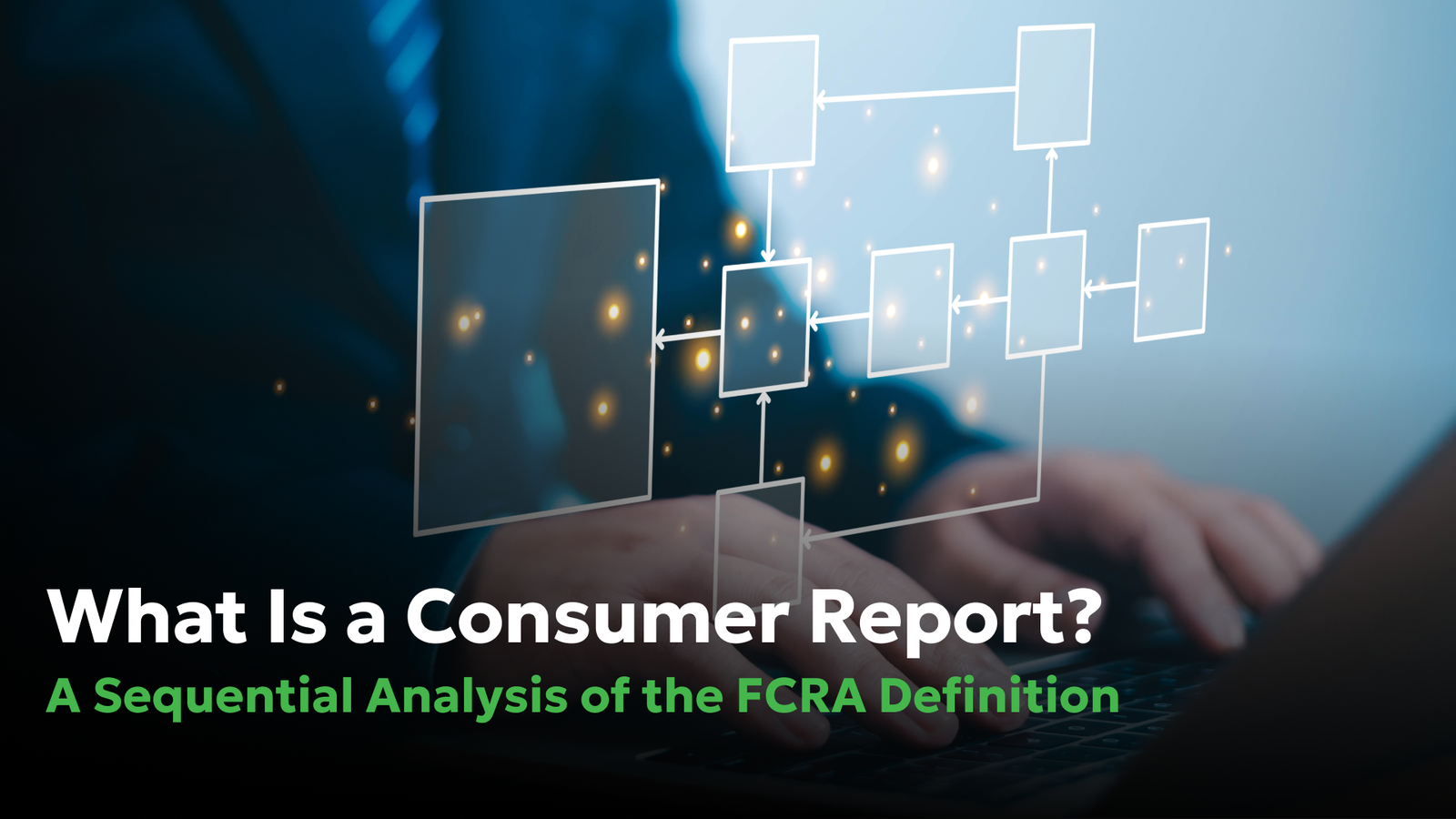How long do derogatory marks stay on your credit?
- Blog
- All about FCRA
How long do derogatory marks stay on your credit?

Derogatory marks have varying lifespans on your credit report
The length of a derogatory mark on a credit report depends on the type it is.
A derogatory mark is an indication on your credit report that you failed to make a payment on time. These negative items are among the factors that cause your credit score to drop.
Understandably, if you have a derogatory mark on your credit report, you’d want it removed as fast as possible. This begs the question of how long certain derogatory marks will stay on your credit report.
While the timespan of each mark may vary, the impact of each one lessens with time. Let’s discuss the types of derogatory marks and how long they last on credit reports:
1. Chapter 7 bankruptcy
In Chapter 7 bankruptcy, assets are sold in order to pay off your debts. This typically wipes off the majority of your debts, providing you with a clean slate to start rebuilding your credit.
Chapter 7 bankruptcy remains on your credit report for 10 years.
2. Chapter 13 bankruptcy
In Chapter 13 bankruptcy, the court assists you by creating a repayment plan. The plan usually distributes repayment across 3-5 years. Upon the completion of the plan, the eligible remaining debt is discharged.
Chapter 13 bankruptcy remains on your credit report for seven years.
3. Late and missed payments
A payment history riddled with late payments and missed payments is often bad for your credit. While payments that are only a few days late might not show up on your credit report, it will certainly appear if the period advances to 30, 60, or 90 days.
Late and missed payments typically stay on your credit report for 7 1/2 years.
4. Collection accounts
Sometimes, an original lender can sell the debt you owe them to a third party debt collector. This is how collections originate. The debt will remain in collections until you pay it off, you are sued, or the statute of limitation expires.
A collection account typically remains on your credit report for seven years following the original date of delinquency.
5. Charged-off accounts
A charged-off account is one which the original lender has deemed unlikely to be paid because you failed to or are entirely unable to pay according to the agreed-upon terms. Because of this, the lender has proceeded to close the account.
It’s only natural that the lender will sell the debt to a collection agency. Two accounts will now show up in your credit report: the closed charged-off account and the new collection account.
A charged-off account stays on your credit report for seven years.
6. Medical debt
Unlike regular debts and late payments, a medical debt is only reported on your credit report when it is 180 days late. However, the moment a debt extends beyond that time frame, it is sold to a collection agency and appears on your credit report as a collection account.
These account stay on credit reports for seven years.
7. Hard inquiries
Hard inquiries occur when a potential creditor assesses your credit before deciding whether or not to extend a credit product to you. It must be noted that hard inquiries do not count as derogatory marks at all times.
Also, multiple hard inquiries within a short period of time damage your credit score. So, while one hard inquiry might not be detrimental, many conducted over a short period can negatively impact your credit.
If the inquiries are of the same type, they usually count as a single inquiry and don’t have much of an effect.
Hard inquiries remain on credit reports for two years.
8. Student loan delinquency or default
Being 30 days late on private student loan payments, or 90 days in the case of federal student loans, causes the late payment to show up on your credit report.
Late payment of student loans stays on your credit report for seven years.
9. Repossession
If you cannot make payments for an item as agreed, the creditor can show up and repossess it. There is usually no legal obligation on their part to give you prior notice.
A derogatory mark of this nature stays on your credit report for seven years following the date the account was first reported overdue.
10. Foreclosure
Failure to make payments on your house might prompt the bank to seize it. If this occurs, the credit bureaus will be notified of the foreclosure.
The foreclosure will remain on your credit report for seven years.
11. Civil judgment
Sometimes, you can wind up on the wrong side of the judgment in a civil lawsuit. The judgment might require you to pay debt or damages, and such a requirement can show up on your credit report.
A paid civil judgment can remain on your credit report for seven years after the date the judgment was filed. For an unpaid civil judgment, the 7-year time frame might be renewed depending on local laws.
It’s worthy of note that as of April 2018, the three major credit reporting agencies had removed all civil judgments from credit reports.
12. Tax lien
Failure to pay your taxes might prompt the federal government to try and collect the debt. One way to do this is by placing its “lien” against your property. A paid tax lien typically stays on credit reports for seven years following the original filing date, whereas an unpaid tax lien can remain indefinitely.
However, by April 2018, the three major credit reporting agencies also removed tax liens from credit reports due to inaccurate reporting.
13. Other derogatory marks
The Federal Credit Reporting Act clearly states that “any other adverse item of information, other than records of convictions of crimes,” remain on credit reports for seven years. This umbrella provision for every other kind of derogatory mark might not be significant enough to be identified separately.
If any derogatory mark on your credit report is erroneous, you have the right to dispute it and have it removed from your credit report. However, if they are not mistakes, you have no option other than to let them age off. Thankfully, as mentioned earlier, the negative impact of these derogatory items lessens with time.
If you’re dealing with erroneous derogatory marks or any other credit reporting errors, then reach out to us. We’ll gladly be of help.


Daniel Cohen is the Founder of Consumer Attorneys. Daniel manages the firm’s branding, marketing, client intake and business development efforts. Since 2017, he is a member of the National Association of Consumer Advocates and the National Consumer Law Center. Mr. Cohen is a nationally-recognized practitioner of consumer protection law. He has a we... Read more
Related Articles




R
ONGS™You pay nothing. The law makes them pay.







